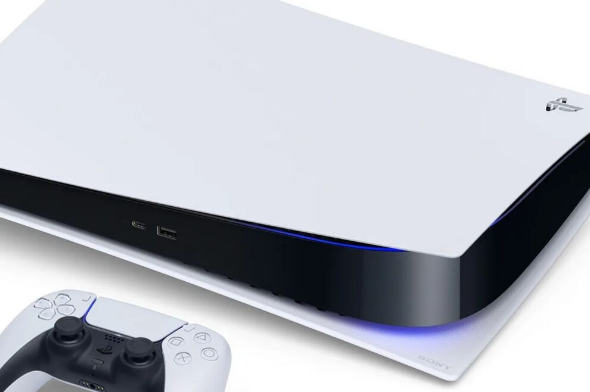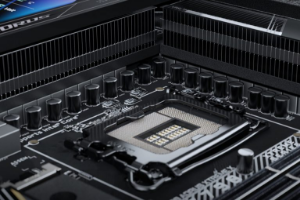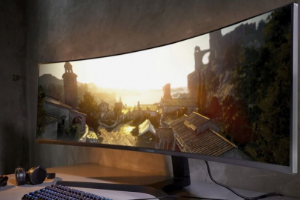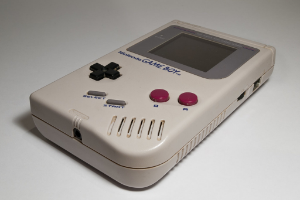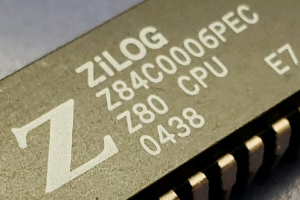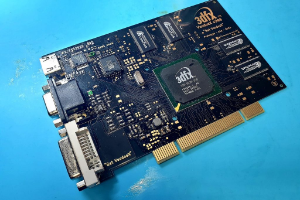Connection to DriversCloudCreate a DriversCloud.com accountReset your DriversCloud.com passwordAccount migration
Inserting an SSD into the PlayStation 5 saves a few seconds... plus lots of GB!
So as not to be limited by the small initial storage space (625 GB) of the PlayStation 5.
A few days ago, we mentioned the availability ofa new firmware for the PlayStation 5. It's still only in beta version, but it already allows you to test one of the features that Sony highlighted at the launch of its new home console. Indeed, PlayStation 5 and Xbox Series X|S have the advantage of working with an integrated NVMe SSD that allows them to save a lot of time when launching games, of course, but also to make some particularly demanding titles run more smoothly. The problem is that on either machine, the integrated SSD has a relatively limited capacity: hence the interest in taking advantage of the port left vacant by Sony to add a storage unit.
Our Digital Foundry colleagues (in video below) have embarked on the adventure by opting for the Samsung 980 PRO SSD, which is one of the few models with the system specifications recommended by Sony. Indeed, the Japanese recommends the use of a PCI-Express 4.0 x4 compatible device with a capacity between 256 GB and 4 TB. The idea is to have a sequential read/write speed of at least 5.5 GB/s in order to keep the speed of the SSD already integrated by Sony. If not the only one, the Samsung 980 PRO ticks all the boxes here. Additionally, Digital Foundry conducted tests with and without an additional heatsink, but Sony highly recommends getting one.
After detailing the process of installing the NVMe SSD in the PlayStation 5, Digital Foundry performed a lot of tests to verify the Samsung 980 PRO's good behavior. On Ratchet & Clank: Rift Apart, the difference between the PlayStation 5's built-in solution and the "new" one is about 2 seconds in favor of the Samsung drive. A gap that is found on most of the games tested by Digital Foundry: Cyberpunk 2077, Fallout 4, The Witcher 3. In fact, the only "anomaly" identified by our colleagues concerns Battlefield 5, which is always faster - by about three seconds - on the SSD delivered by Sony.
Logically, Digital Foundry also had fun testing the speeds that can be achieved by transferring Cyberpunk 2077 data in one direction (to the Samsung 980 PRO SSD) and the other (to the original SSD): the results are largely to the advantage of the Samsung 980 PRO with 0.87 GB / s against 0.23 GB / s, but probably related to a bug in the firmware, which, remember, is still only in beta. Finally, our colleagues have noted that even without a heat sink, things are going very well with this "external" SSD and they have not noticed any throttling effect related to the heat reached by the SSD. They obviously advise following Sony's recommendations, but if even without a heatsink things are going well, that is very reassuring.
